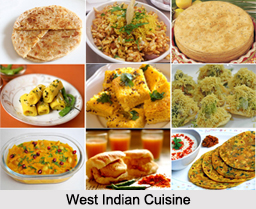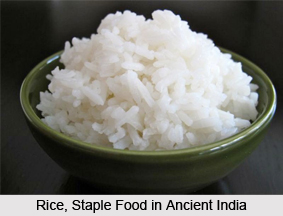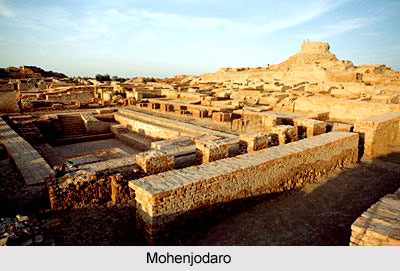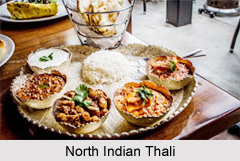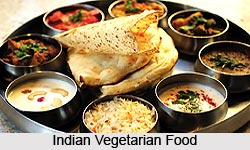 India is a country that has seen revolution in cuisine and food habit. The Medieval Era in Indian Food was very influencing. Invaders and travelers came to India from different parts of the world and contributed to the emergence of different cuisine and taste.
India is a country that has seen revolution in cuisine and food habit. The Medieval Era in Indian Food was very influencing. Invaders and travelers came to India from different parts of the world and contributed to the emergence of different cuisine and taste.
Influence on Food
During the 600 BC in the times of emergence of Buddhism and Jainism, a marked influence on the cuisine in some parts of the countries was seen. As Jainism is a religion that strongly believed in non-violence, traditional Jain cuisine is thus cooked without meat onion and garlic. The concept of vegetarian food arrived with these religions. The reign of Kshatriyas kings and Islamic rulers influenced the citizen of India which encouraged one to get engaged into consumption of non- veterinarian food.
In the 400 BC, Alexander the Great ruled India and that was the period of the Mauryan Dynasty. Medieval Era in Indian Food was also followed by the reign of Mauryan dynasty. Buddhism developed in this period and was taken outside the country. There was a cross-pollination of food, several varieties of cuisine developed. The Mauryan Empire also popularized agriculture and the introduction of grain made the cuisine in India more interesting. In the Golden Age of India, several travelers from around the world visited the country and spread the knowledge and products like tea and spices. Moreover, the Hoysala Dynasty in the South changed the culinary perspective and there was a significant external influence in the country.
Medieval Era in Indian Food was a determining period of the culinary renaissance. The coming of the Muslim invaders and entry of several foreign invaders into the country included notable changes in the cuisine of India. In the period between 1500-1800 AD, Mughal Empire ruled the Indian subcontinent and the emergence of the Moglai cuisine was associated with the rulers. The cuisine included several seasonings like saffron, nuts and cooking in the "Dum" or sealed pot. The concept of Sultanate Food like biriyani, mughlai, tandoori dishes emerged from the influence of the dynasty.
Experiments with Food
Colonization was a major moment when Indian Food started experiments. Portuguese and British cookery influenced the Indian Cuisine a lot. Travelers from China, Tibet and other neighbouring countries have put forth their contribution and enriched the Medieval Era in Indian Food. The Chinese influence on Indian food brought a new facet in Indian cuisine and introduced Chinese Cuisine. Other European influences in parts of the India sub continent saw the beginning of the Syrian Christian cuisine. Though in the medieval era, Indian Food was highly influenced by various rulers and travelers, it has not lost its original identity, rather become richer with the assimilation of the myriad influences. This was made possible by many unrivaled regional cuisines and Indian food was given a new aspect.
